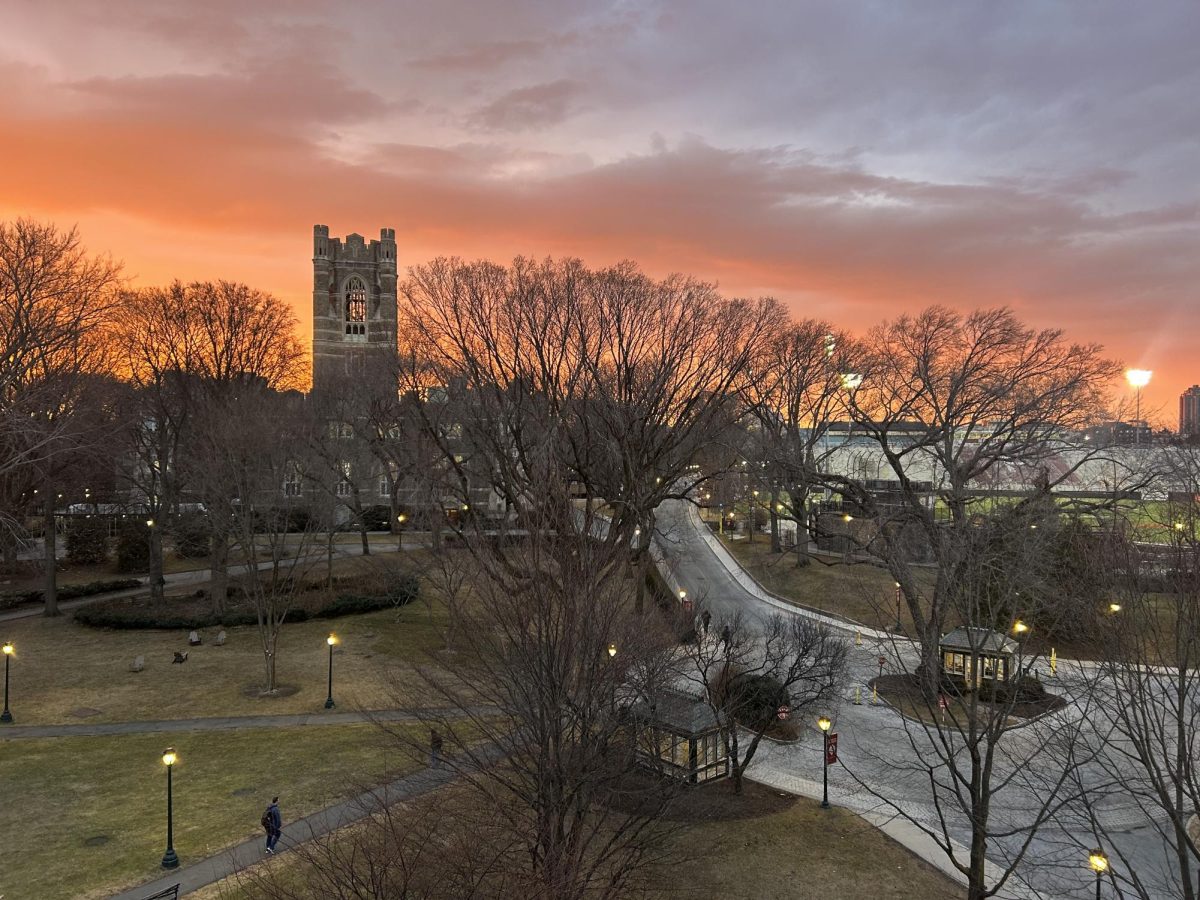In an effort to address the ever-growing gap in digital access and literacy, the Graduate School of Social Service at Fordham University recently hosted a virtual conference titled “Closing the Digital Divide” on Friday, Nov. 17. The event brought together a diverse panel of speakers from around the globe, representing various sectors, including business, healthcare, education, libraries, information technology and social work.
The Fordham Institute for Women and Girls in collaboration with the International Health Awareness Network (IHAN) organized the event. The conference aimed to discuss the digital divide, shed light on the challenges it poses and propose potential solutions. The event had seven speakers, who were carefully chosen to provide a deep dive into the issue.
Sandra Turner, Ph.D., a member and co-director of the Institute for Women and Girls since its founding in 2003, explained the selection process for the speaker. “The speakers were chosen by the committee members representing both IHAN and the Institute for Women and Girls,” said Dr. Turner. “We have social work students who are interning at the UN, supervised by Dr. Elaine Congress on the committee and they worked on organization, choosing speakers, and one student, Frankie Heppell presented on social media.” Dr. Elaine Congress, co-chair of the Fordham Institute for Women and Girls, added that “we wanted to have international speakers, and thus we had speakers from Belgium, Australia, South Africa, and India.” The speakers represented a range of professions, ensuring a comprehensive view of the digital divide.
The first speaker was Peter Manderick, the general manager at Close the Gap, an accredited NGO at the U.N., who spoke about the intersection of technology and social work. According to Congress, Manderick and Close the Gap were an easy pick “as their work and mission is closely aligned to the theme of the conference.”
Professor Gabrielle Casper spoke next. Professor Casper is a gynecologist, the head of a women’s hospital in Sydney, Australia and president of IHAN. She shared videos from her students at the University of Notre Dame Australia’s National School of Medicine about the use of telehealth. Maddie Hines, who is responsible for the digital strategy at a major library in Maryland followed Casper. Hines highlighted the vital role of libraries in narrowing the digital divide and was asked to speak because, according to Congress, “libraries have an essential role in closing the digital divide.”
After Hines, Professor Viji Melnick, co-chair of IHAN, discussed a province in India that has significantly increased digital literacy, Kerala. “At the turn of the 20th century, Kerala had a very stratified Society” said Melnick. “Post independence, the state moved to promote social and economic equality along with enhanced educational opportunities. These efforts resulted in Kerala becoming one of the most progressive and developed states in India.”
Eduard Brewer, also from IHAN, was next, and he presented an innovative technological program called “Women of the Golden Thread” that women in South Africa developed to combat violence. Kristen Treglia followed Brewer. Treglia is an expert from Fordham IT and a member of the conference’s committee. She spoke about the latest apps, particularly in the health field and emphasized how important it is to develop them ethically. Frankie Heppell, a social work student at Fordham, was the last to speak. She provided a youthful perspective on the topic of closing the digital divide. She discussed how the ethics of social work have changed, especially since the digital world has evolved.
The theme of the conference was suggested by Sorosh Roshan, Ph.D., a former president of IHAN, and the committee agreed it felt important. “As our world becomes more digital, those who are not knowledgeable about using technology via phones and computers will be increasingly disadvantaged” explained Congress. “This is a worldwide problem, not just an issue in rural Australia or Africa but in NYC as well as other highly developed areas.” Congress remarked that “women as compared to men are much less likely to have computers or phones and know how to use them,” which emphasized the global nature of the problem and highlighted that it is not restricted to just underdeveloped regions.
When asked what they hoped the attendees would take away from the conference, Congress replied, “to learn about what is the digital divide and why it is such a serious issue, to know about some of the interventions around the world that have been adopted to address this issue, and to think about what they can do to help close the digital divide.”
Turner added, “we wanted attendees to learn about work that is being done in the U.S. and globally to bring awareness of positive use of digital knowledge and access to people who have had limited access. We also wanted to give some examples of how access to technology is being provided to those around the world who do not have access.”
As the world continues to digitally evolve, conferences like “Closing the Digital Divide” may play a crucial role in promoting the awareness, collaboration and action to ensure that no one is left behind in this digital age.





































































































































































































